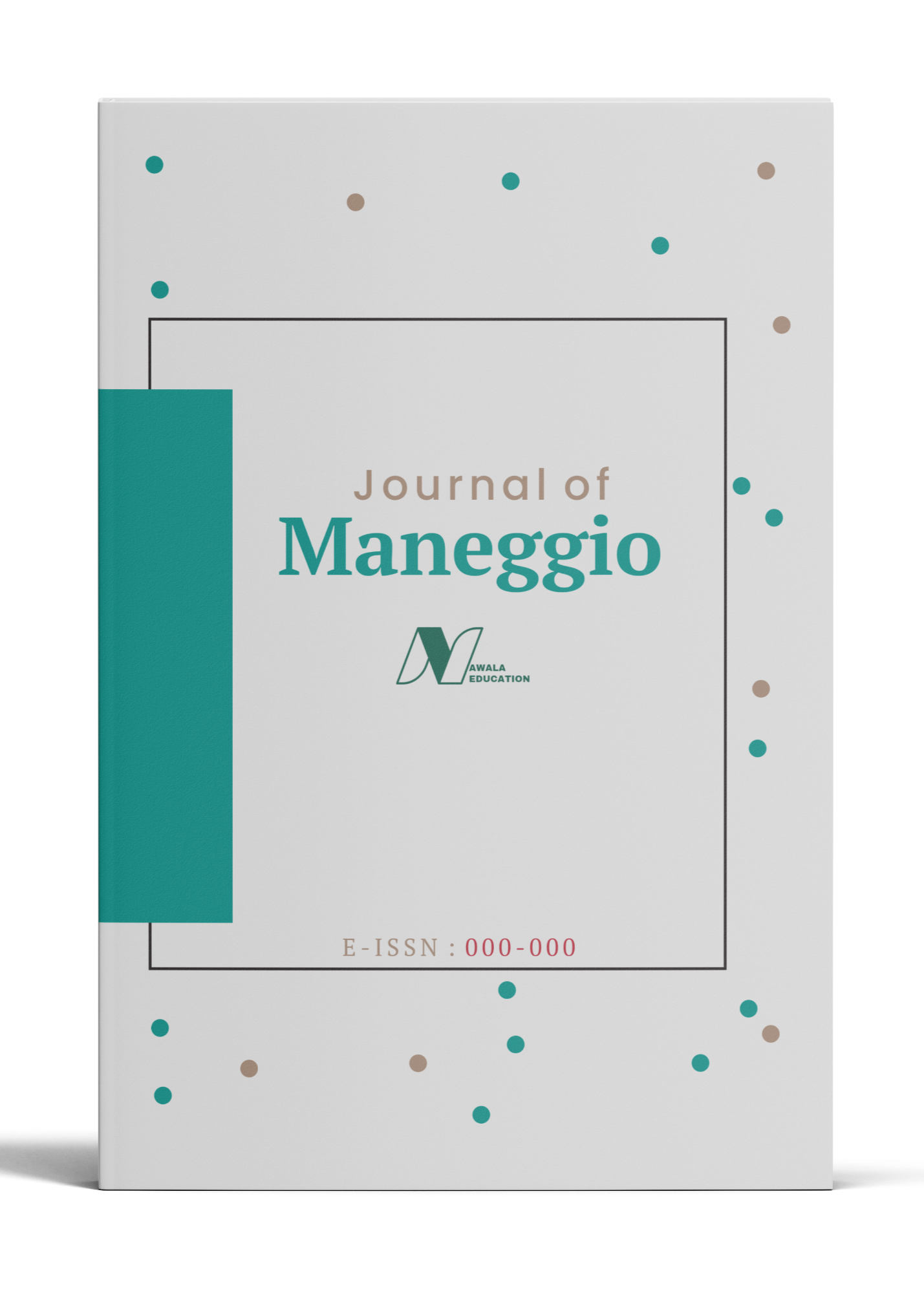Implementation of Balanced Scorecard in Improving Organizational Performance
DOI:
https://doi.org/10.62872/0rry4956Keywords:
Balanced Scorecard, Organizational Performance, Strategic Management, Performance MeasurementAbstract
This study aims to examine the impact of Balanced Scorecard (BSC) implementation on improving organizational performance. The BSC is a strategic management tool that evaluates performance from four perspectives: financial, customer, internal business processes, and learning and growth. Using a quantitative approach with descriptive and verification methods, data were collected through questionnaires distributed to employees and managers in organizations that have formally implemented BSC. The results show that each BSC perspective has a significant positive influence on organizational performance, especially in enhancing financial efficiency, customer satisfaction, internal process optimization, and employee development. However, successful implementation is closely linked to top management commitment, organization-wide understanding of BSC, and adequate training resources. This study provides practical insights for organizations seeking to improve performance through structured and sustainable BSC application.
Downloads
References
Al Aina, R., & Atan, T. (2020). The impact of implementing talent management practices on sustainable organizational performance. Sustainability, 12(20), 8372.
Alvarez, L., Soler, A., Guiñón, L., & Mira, A. (2019). A balanced scorecard for assessing a strategic plan in a clinical laboratory. Biochemia medica, 29(2), 284-291.
Asiaei, K., Bontis, N., Barani, O., & Jusoh, R. (2021). Corporate social responsibility and sustainability performance measurement systems: implications for organizational performance. Journal of Management Control, 32(1), 85-126.
Camilleri, M. A. (2021). Using the balanced scorecard as a performance management tool in higher education. Management in Education, 35(1), 10-21.
Frederico, G. F., Garza-Reyes, J. A., Kumar, A., & Kumar, V. (2021). Performance measurement for supply chains in the Industry 4.0 era: a balanced scorecard approach. International journal of productivity and performance management, 70(4), 789-807.
Hanaysha, J. R., & Alzoubi, H. M. (2022). The effect of digital supply chain on organizational performance: An empirical study in Malaysia manufacturing industry. Uncertain Supply Chain Management, 10(2), 495-510.
Hristov, I., & Searcy, C. (2025). Integrating sustainability with corporate governance: a framework to implement the corporate sustainability reporting directive through a balanced scorecard. Management Decision, 63(2), 443-467.
Hristov, I., Chirico, A., & Appolloni, A. (2019). Sustainability value creation, survival, and growth of the company: A critical perspective in the Sustainability Balanced Scorecard (SBSC). Sustainability, 11(7), 2119.
Khan, S. A., Kaviani, M. A., J. Galli, B., & Ishtiaq, P. (2019). Application of continuous improvement techniques to improve organization performance: A case study. International Journal of Lean Six Sigma, 10(2), 542-565.
Kordab, M., Raudeliūnienė, J., & Meidutė-Kavaliauskienė, I. (2020). Mediating role of knowledge management in the relationship between organizational learning and sustainable organizational performance. Sustainability, 12(23), 10061.
Leksono, E. B., Suparno, S., & Vanany, I. (2019). Integration of a balanced scorecard, DEMATEL, and ANP for measuring the performance of a sustainable healthcare supply chain. Sustainability, 11(13), 3626.
Lucianetti, L., Battista, V., & Koufteros, X. (2019). Comprehensive performance measurement systems design and organizational effectiveness. International Journal of Operations & Production Management, 39(2), 326-356.
Madsen, D. Ø., Azizi, B., Rushiti, A., & Stenheim, T. (2019). The diffusion and implementation of the Balanced Scorecard in the Norwegian municipality sector: A descriptive analysis. Social Sciences, 8(5), 152.
Mio, C., Costantini, A., & Panfilo, S. (2022). Performance measurement tools for sustainable business: A systematic literature review on the sustainability balanced scorecard use. Corporate social responsibility and environmental management, 29(2), 367-384.
Obeidat, S. M., Al Bakri, A. A., & Elbanna, S. (2020). Leveraging “green” human resource practices to enable environmental and organizational performance: Evidence from the Qatari oil and gas industry. Journal of business ethics, 164, 371-388.
Olan, F., Arakpogun, E. O., Suklan, J., Nakpodia, F., Damij, N., & Jayawickrama, U. (2022). Artificial intelligence and knowledge sharing: Contributing factors to organizational performance. Journal of Business Research, 145, 605-615.
Olan, F., Liu, S., Neaga, I., Chen, H., & Nakpodia, F. (2019). How cultural impact on knowledge sharing contributes to organizational performance: Using the fsQCA approach. Journal of Business Research, 94, 313-319.
Shafiq, M., Lasrado, F., & Hafeez, K. (2019). The effect of TQM on organisational performance: empirical evidence from the textile sector of a developing country using SEM. Total Quality Management & Business Excellence, 30(1-2), 31-52.
Shet, S. V., Patil, S. V., & Chandawarkar, M. R. (2019). Competency based superior performance and organizational effectiveness. International Journal of Productivity and Performance Management, 68(4), 753-773.
Tjahjadi, B., Soewarno, N., Astri, E., & Hariyati, H. (2019). Does intellectual capital matter in performance management system-organizational performance relationship? Experience of higher education institutions in Indonesia. Journal of intellectual capital, 20(4), 533-554.
Downloads
Published
Issue
Section
License
Copyright (c) 2025 Ardenny, Olyvia Rosalia (Author)

This work is licensed under a Creative Commons Attribution-ShareAlike 4.0 International License.












